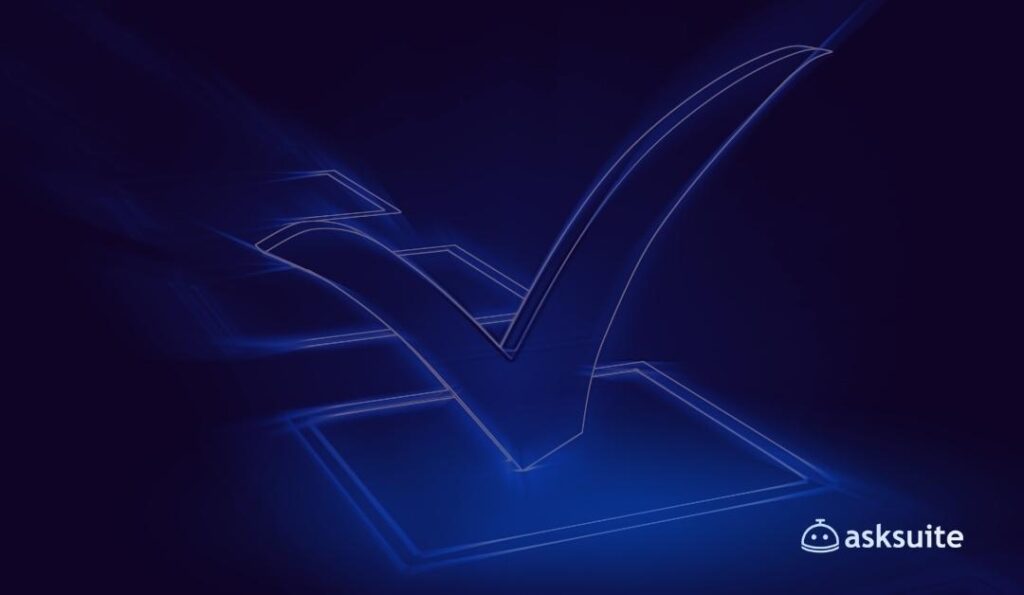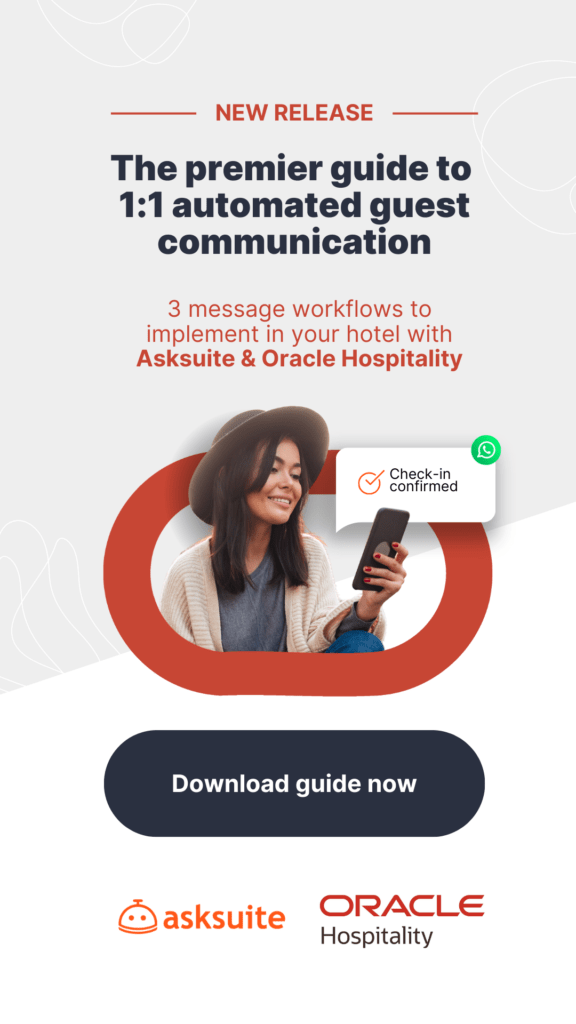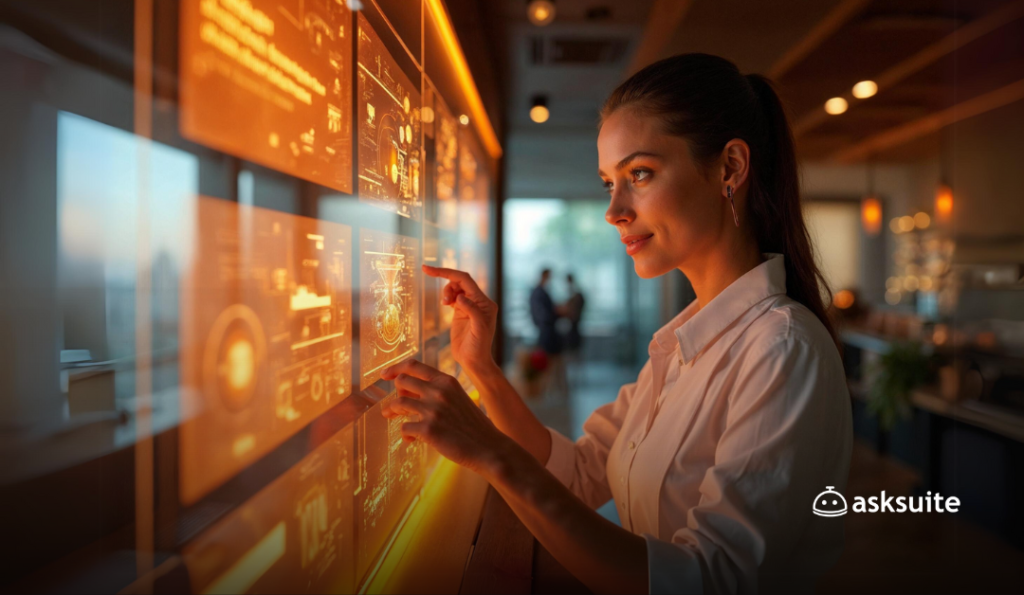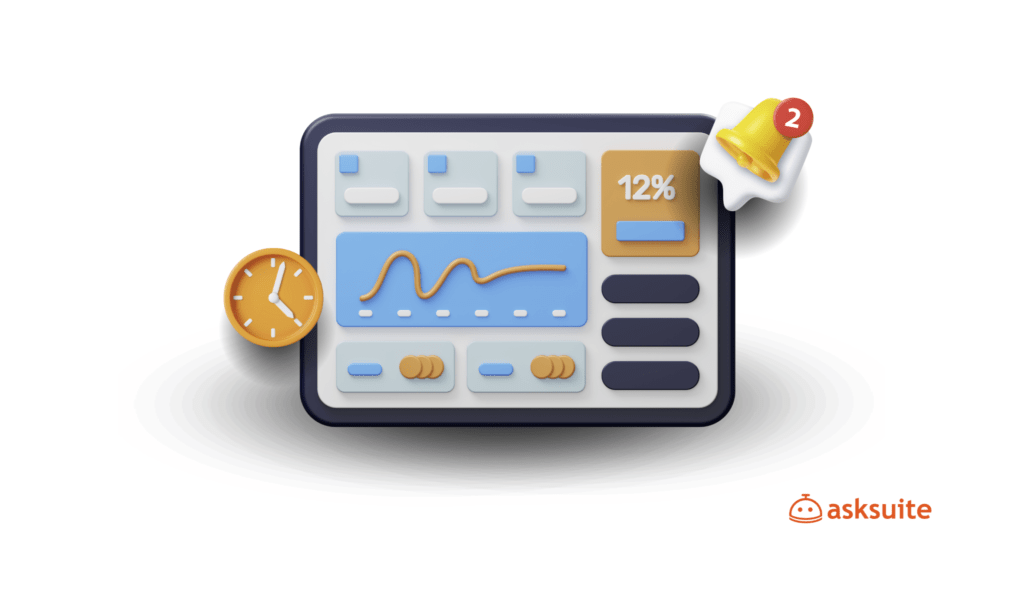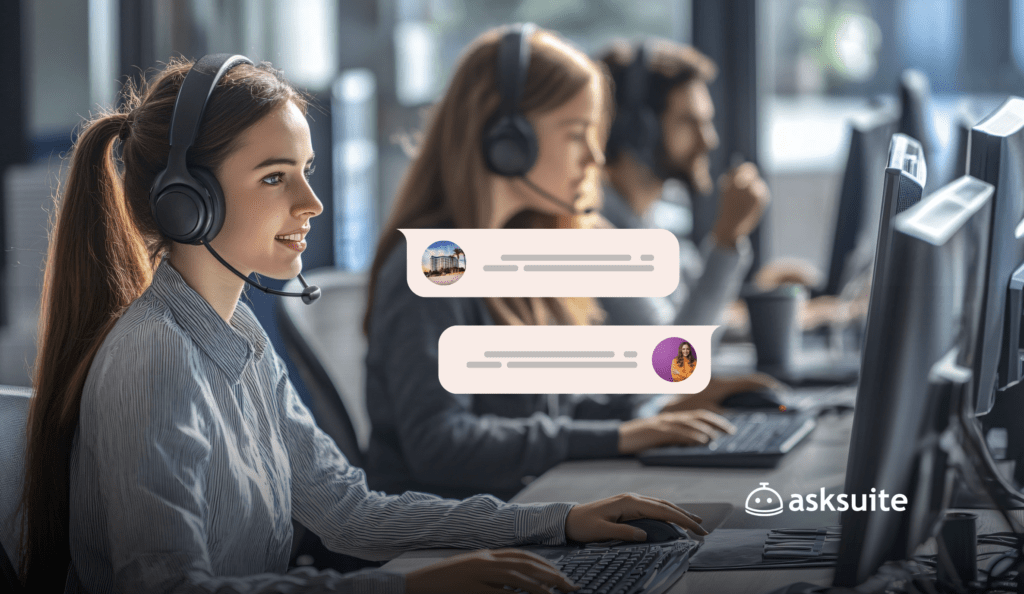Guest satisfaction depends on many factors. Customer service is one of them, and maybe the most important one. Excellent customer service must be fast, efficient and empathetic not only face-to-face but also online, which includes services by voice and/or text.
Both in personal and professional life, to have a message ignored is frustrating. “Seen but not answered” is extremely annoying to most of the people. The frustration of a client can not be underestimated when we talk about the use of email in the hotel industry.
The fact is, even with so many different communication channels, email still is the major player for hotels. It may seem like a simple task. However, to answer emails takes time and productivity of the staff and impacts significantly guest experience. Time response is key for guest satisfaction and to stand out in the market. To serve well and fast may give you a competitive advantage when travelers are deciding where to stay, for example.
I wrote this article for you, hotelier, who suffers from the virtual stack of emails every day. I know that even with goodwill and dedication, sometimes it is hard to handle this endless demand. With a few tips on productivity, I hope that your emails turn into real guests’ satisfaction.
Email is still the major communication channel: don’t ignore you inbox
Email keeps its position as the #1 channel used by clients to contact a company, in any sector. That includes the hotel industry. Here at Asksuite, we talk to dozens of lodgings every day and how to handle the number of emails seems to be a problem for everybody!
 In the hotel world, a new email pops up every second: a request about some forgotten item, quotations questions, and even complaints. Everything goes through the email.
In the hotel world, a new email pops up every second: a request about some forgotten item, quotations questions, and even complaints. Everything goes through the email.
But is email the best channel for everything? Conventional wisdom says that email is efficient for not urgent or simple matters which don’t require negotiation. For topics that demand a quick solution, maybe the email is not the best choice.
So if your hotel doesn’t offer other communication channels, your inbox will be always full, with every kind of demand. That is why many lodgings are investing in online service, like Facebook ou Webchat.
To have several online customer service channels can be an excellent strategy. But, be careful! Many hotels bet on multichannel service, but few of them are omnichannel.
To invest in multiple channels without a proper organization and service strategy might decrease the number of incoming emails, however, it may end up making it harder for hotel staff, which leads to bigger loss even more productivity.
Invest in an omnichannel platform, so you can centralize all customer service in one screen, keeping control, speed, and quality of the service.
How long is too long to wait?
Time is a relative term. Five minutes can be fast or an eternity. It depends on the situation. In terms of time response we need to consider that when we send a message, an expectation is created. Even though email is not instantaneously messaging by definition, clients still expect a quick answer.
This is exactly what a research by Toister with 1.200 consumers says. And the interesting part is that the older generations are the most impatient ones! Who would guess that?
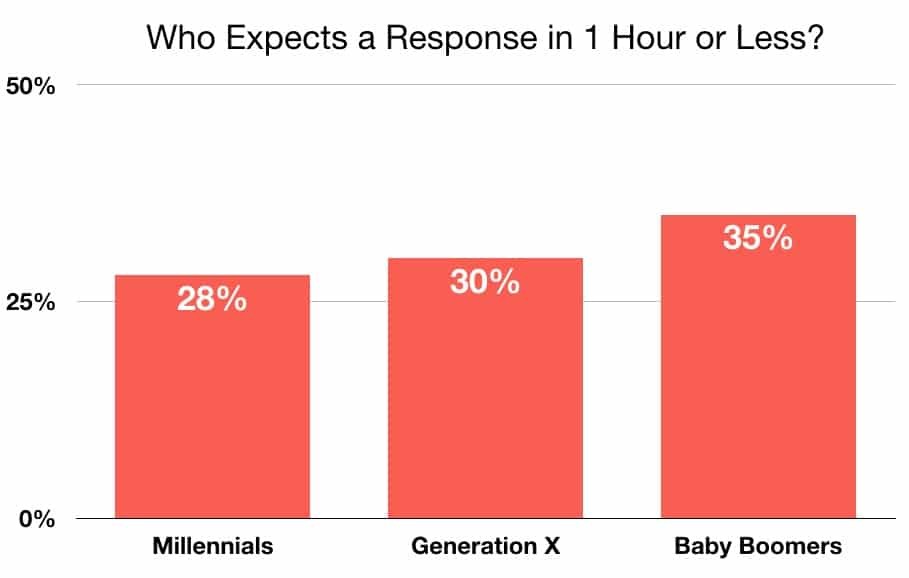
Baby boomers, people born just after the Second World War and at the beginning of the ’60s, are the ones who want the fastest answers: up to 1 hour.
Another survey, this time by ALICE in 2016, states that hotel clients would have the right to complain if the hotel takes more than 26 minutes to answer an email. Although twenty-six minutes may be considered long for some people, on average, it is an acceptable time.
The problem is not only the discontent caused by the delay of the answers. When clients are not answered by the chosen channel, they start to try to reach the hotel through other channels, overloading the staff and making customer service organization harder.
To receive multiple messages from the same client can be an inconvenience. Sure it would be worse if he/she gives up and contact another hotel or writes a bad review on TripAdvisor. But still, if you have to contact more than once the same company to get an answer, chances are that your experience won’t be that good.
After some reading a lot about this topic, there’s still no consensus about the ideal email response time in the hotel industry. But most of the texts say that an acceptable time is up to an hour, and up to 15 minutes would be considered excellence in service.
Improve guest satisfaction: uncompleted emails increases the exchange of messages
Young people tend to write shorter and more objectively. However, that should only be taken into account when we talk about personal emails, not business emails. Business emails should always have complete information, even when addressing to a younger customer.
To not answer in the most comprehensive way may bring some problems.

A big problem already mentioned is damaging guest satisfaction. Clients might interpret the lack of information as you didn’t dedicate your time to their issue, didn’t read it carefully and, in the end, they could consider your service poorly done.
Another problem is the risk of the email to become a kind of chat, with one question in each email, going back and forth… Consequently, the email inbox only grows more and more.
Notice that to answer with all information doesn’t mean to be long-winded or to make the text confusing. Don’t lose your clarity and objectivity, even when writing longer texts. Also, you should pay attention to the format and the size of the font. The spatial organization helps a lot in text comprehension!
At last, besides answering clients’ questions directly, you should try to anticipate the possible doubts that might turn up about the same subject. Not only this will prevent unnecessary exchanges of messages, but also knowing in advance what the guest wants is much appreciated.
3 tips to make your email service faster and more efficient
- To organize your inbox is the first step to more efficient use of the email. It may seem trivial, but many people still don’t separate email by topics, keeping just one long and confusing list, without any priority. Create folders and organize topics.
- To use visual tags, such as “not read” on important messages, helps manage emails especially when more than one person has access. Sometimes a person in the team opens the email but doesn’t reply to it. Make it a routine to have visual tags in your inbox so it is easier for you to prioritize the demand.
- To create email templates is a good option to speed up your response time. There are some repetitive topics in the hotel industry: cancellation policy, hotel location, which is included in the room rate. For this reason, elaborate email templates to repetitive questions.

Bonus tip: We developed a “Smart Email” functionality that will help you answer emails in a matter of seconds! Leave your info and talk to one of our specialists to know how it can help you!
”You become responsible, forever, for the expectation of service that you create.”
Who has never made a mistake when writing a text or mixed some information, especially when doing multi-tasks? I confess: I’m guilty! In my years in the hotel industry, I made my share of mistakes, often because I had to do things fast and simultaneously.
The instantaneous message apps conditioned our behavior. We want fast answers and that can be a challenge for hotels. Most people understand that an answer to an email may take a bit longer, but no one wants to wait too long for it. What is too long is so imprecise that make the equation of being efficient in service even harder.
Therefore, to answer emails may seem like a simple trivial task for the attendants, but it is extremely valuable for clients.
After all, guest experience is defined by all touch points between customer and hotel: before, during and after the stay.
There is no point in having a wonderful and comfortable hotel structure if the service is not in the same standard. It is important to invest in productivity when answering emails, so you improve not only guest satisfaction but also staff experience!
Like this post? Share it on your social media!
